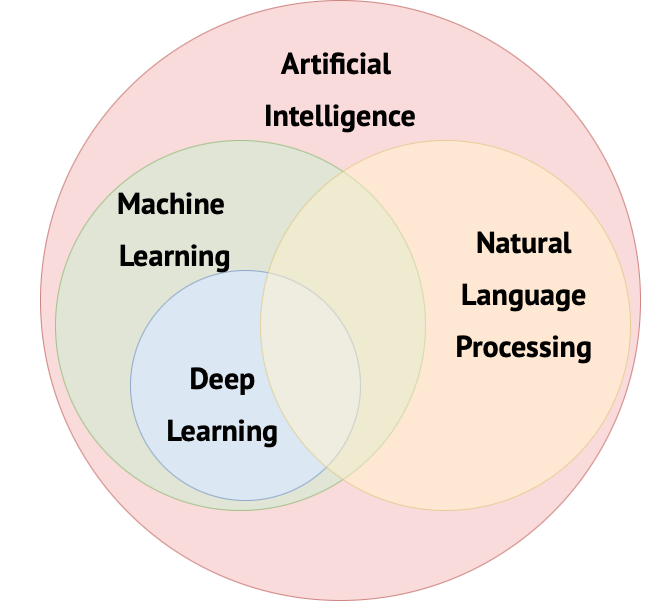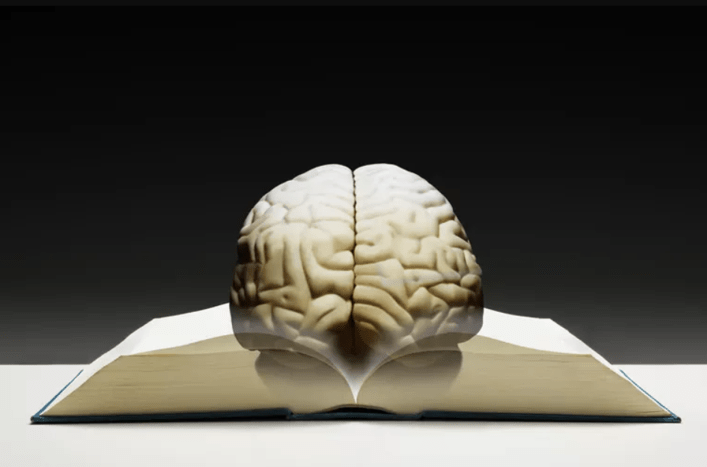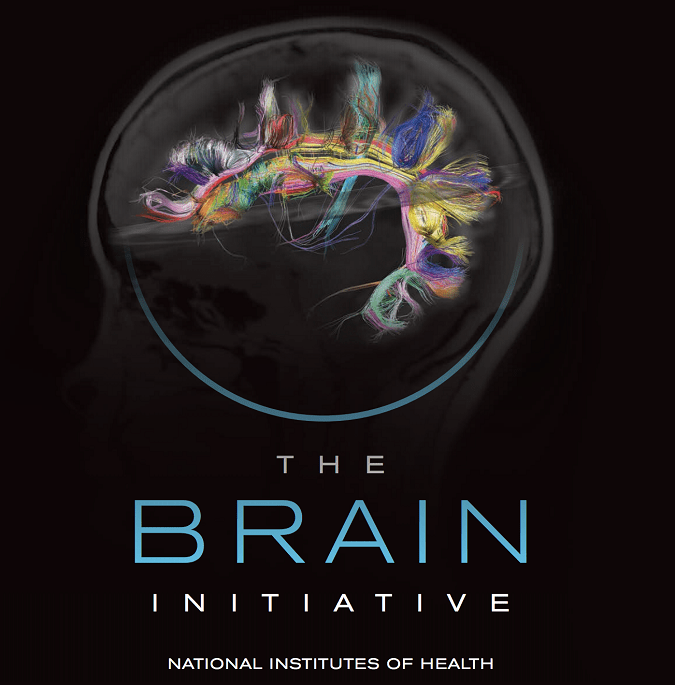Posts Tagged ‘Alzheimers’
Fully-automated analysis of voice recordings–from neuropsychological tests–found to help differentiate normal cognition from dementia and mild cognitive impairment
Voice Recordings Spot Cognitive Impairment (MedPage Today): A machine-learning model identified mild cognitive impairment and dementia from digital voice recordings of neuropsychological tests, an early study showed. Among 1,084 people in the Framingham Heart Study whose tests were recorded, the average area under the curve (AUC) reached 92.6% for differentiating normal cognition from dementia, 88.0% for…
Read MoreStudy finds that cognitive activity in old age may delay the onset of dementia by 5 years
Dementia Comes 5 Years Later for Some (MedPage Today): A cognitively active lifestyle that involves reading and processing information in old age may delay the onset of dementia in Alzheimer’s disease by as much as 5 years, a longitudinal study suggested. Older adults who had the highest level of late-life cognitive activity had a mean onset…
Read MoreStudy: Over-the-counter “brain enhancement” supplements in the US found both to a) contain multiple unapproved drugs and b) lack some ingredients listed on the label
Study: Your Brain Supplements Could Contain Dangerous, Illegal Ingredients (Being Patient): Brain supplements that claim to boost cognitive function are increasingly popular, growing from a $4 billion industry of about 4,000 unique products to a $40 billion industry with as many as 80,000 different products on the market.
Read MoreStudy: Moderate lifetime drinking may lead to lower Alzheimer-related beta amyloid deposits in the brain
__ Moderate drinking tied to lower levels of Alzheimer’s brain protein (Business Standard): “Korean researchers studied 414 men and women, average age 71, who were free of dementia or alcohol-related disorders. All underwent physical exams, tests of mental acuity, and positron emission tomography (PET) and magnetic resonance imaging (MRI) scans. They were carefully interviewed about…
Read MoreThe NIH starts spending $1.5 billion in new Brain Research through Advancing Innovative Neuro-technologies (BRAIN) projects
___ NIH Starts to Spend $4.8 Billion in “Extra” Cures Drug Research Money (P&T Community): “The National Institutes of Health (NIH) launched 110 new brain research projects in the fiscal year ending last September (2017) with the first portion of the $1.5 billion over 10 years it will hopefully receive from the 21st Century Cures…
Read MoreWith pharma exiting Alzheimer’s research, new hope (and urgency) seen in the combination of brain training and transcranial direct current stimulation (tDCS)
___ What does the future hold for the war on Alzheimer’s? (The Globe and Mail): “After spending huge sums on clinical trails in recent years, the pharmaceutical industry has failed to find a drug that can halt the mind-robbing disease. And this month, Pfizer announced it is ending its Alzheimer’s research, although other companies haven’t thrown…
Read More





